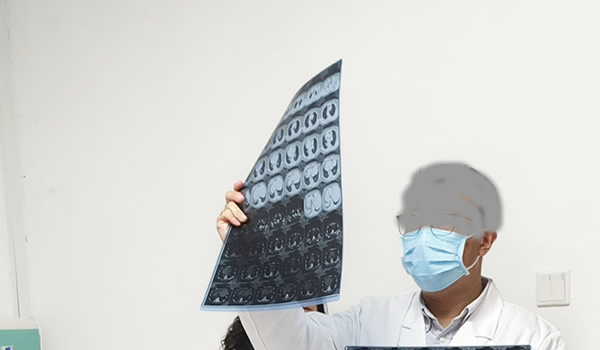Summary: a comprehensive understanding of hypertension (high blood pressure), its implications for health, and various prevention and treatment strategies. It is a handy resource for anyone seeking to improve their health and wellness habits.
Introduction:
Hypertension is a global health concern that affects millions of people, including a sizeable population in Asia. This silent killer, often overlooked due to a lack of early symptoms, can lead to severe health conditions like heart disease, stroke, and kidney failure. Hence, creating awareness and understanding about hypertension is crucial for prevention and management.

Understanding Hypertension
Hypertension, also known as high blood pressure, is a chronic medical condition where the blood pressure in the arteries is persistently elevated. Normal blood pressure is considered to be around 120/80 mmHg; hypertension is diagnosed when blood pressure consistently stays at 140/90 mmHg or higher.
Treating Hypertension
Management of hypertension usually involves lifestyle changes and medication. Regular exercise, a balanced diet, limiting alcohol and caffeine intake, and avoiding smoking are lifestyle modifications suggested for patients with hypertension. In terms of medication, doctors may prescribe diuretics, beta-blockers, or ACE inhibitors depending upon the individual's health history and severity of hypertension.
Implications of Hypertension
Hypertension is often called "the silent killer" because it usually has no obvious symptoms yet it significantly raises the risk of heart disease and stroke. According to the World Health Organization, raised blood pressure is estimated to cause 7.5 million deaths, about 12.8% of the total of all deaths worldwide.
Preventing Hypertension
Hypertension can be prevented or controlled with regular blood pressure monitoring, maintaining a healthy body weight, limiting sodium and alcohol intake, exercising regularly, and managing stress levels. Clinical studies also indicate the benefits of certain dietary patterns, like the DASH (Dietary Approaches to Stop Hypertension) diet that emphasizes fruits, vegetables, and low-fat dairy products.
Takeaways on Hypertension
Hypertension is a serious health concern that affects a significant portion of the global population, including millions in Asia. With early detection through regular monitoring, lifestyle alterations, and appropriate medication, it can be successfully managed. Prevention remains a key strategy, focusing on healthy diet, regular exercise, and stress management.
FAQs:
1、Can hypertension be cured? Hypertension cannot be cured, but it can be effectively managed with lifestyle changes and medication.
2、Can stress cause hypertension? Chronic stress can contribute to hypertension. Prolonged stress may lead to unhealthy habits which might increase blood pressure, such as poor diet, alcohol consumption and inadequate physical activity.
3、Does hypertension have any symptoms? Hypertension is usually asymptomatic, which makes regular blood pressure checks crucial. Some people may experience headaches, shortness of breath or nosebleeds, but these symptoms occur in severe cases or as hypertension progresses.
4、Can hypertension lead to other health problems? Yes, uncontrolled hypertension can lead to serious health complications, including heart attack, stroke, heart failure, and kidney disease.
Editor's Note:
Hypertension is a serious, but preventable, health concern. Regular blood pressure monitoring, along with healthy lifestyle choices, can help manage this condition effectively. Always consult with your healthcare provider before making any major changes to your diet, exercise, or medication regimen.
User Comments:
Grace Y.: gave me clarity on something my doctor mentioned.
Emma Clark: I appreciate how the risks and treatments are clearly laid out.
Sebastian Green: Finally found something reliable on this topic. Thank you!